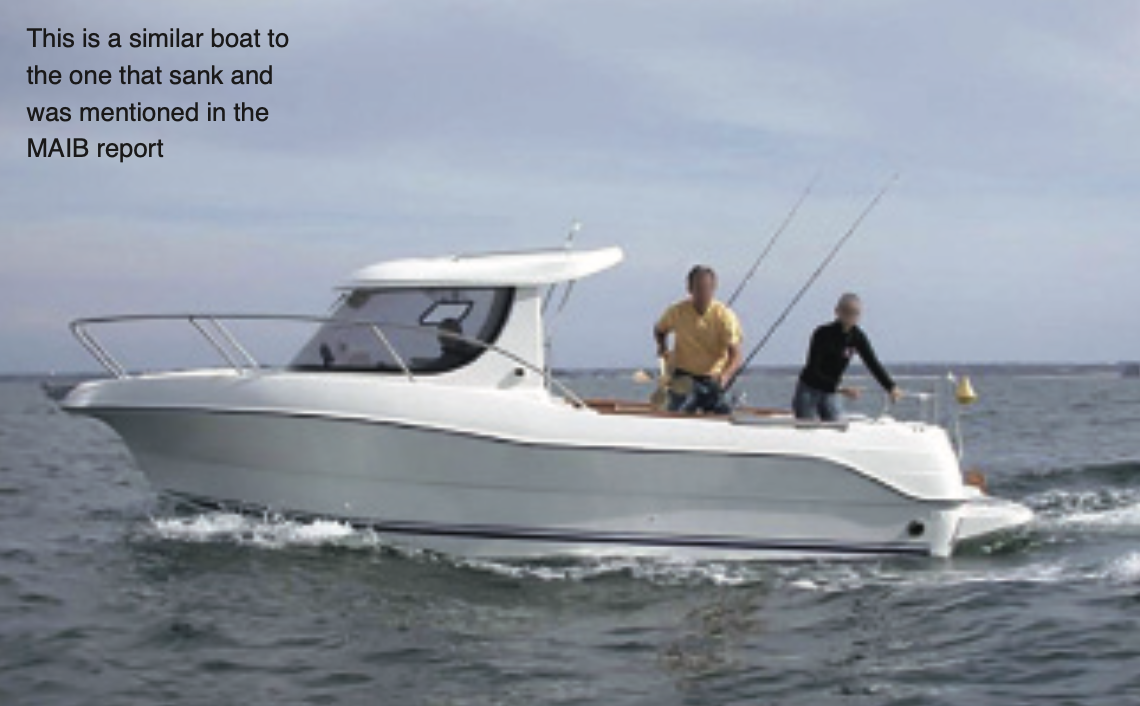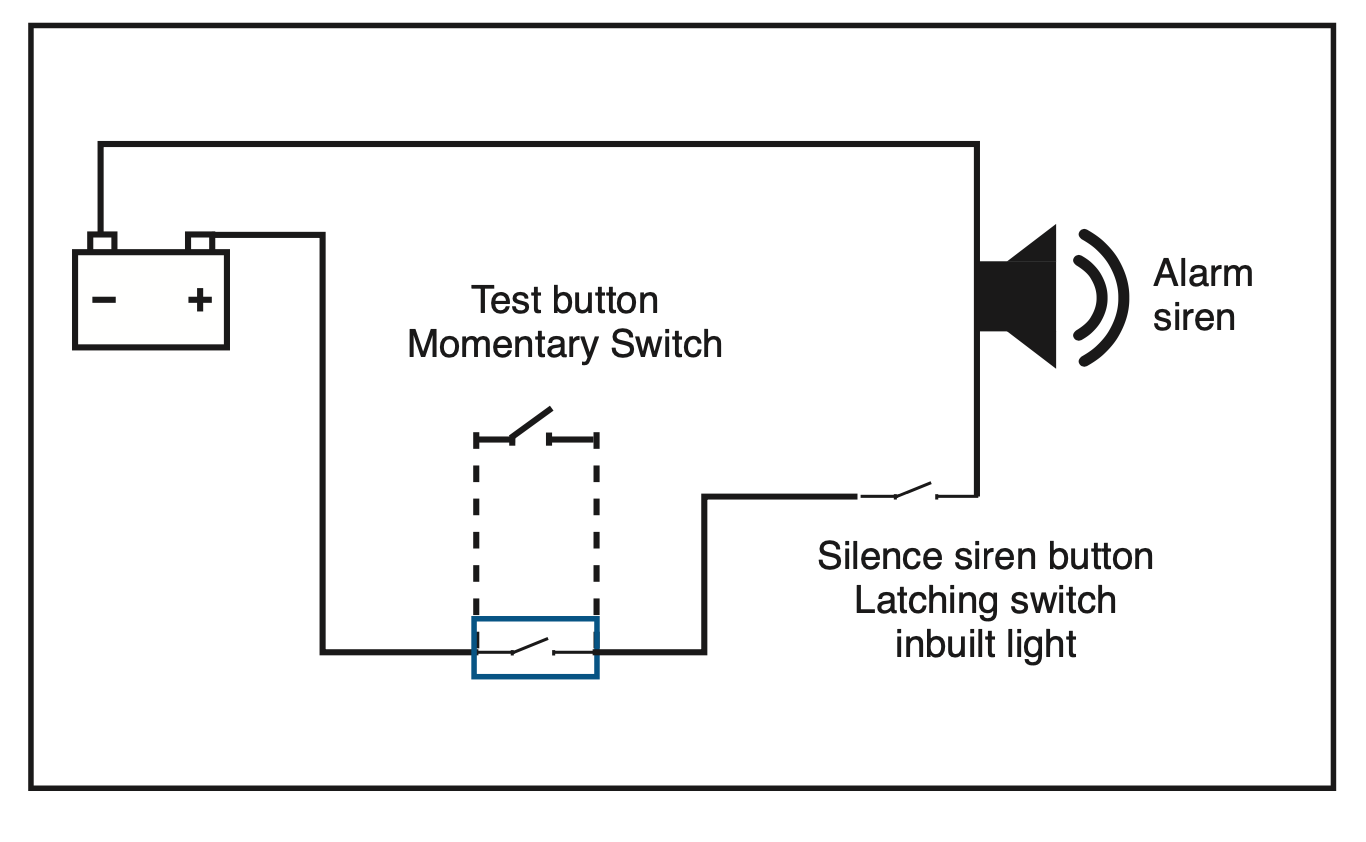A simple bilge pump alarm could save your life. Gilbert Park makes his own for under £20
A bilge alarm is an essential piece of kit on any boat. You can buy a bilge alarm on Amazon or at any chandlery or make your own using a simple aquarium float sensor.
Being overwhelmed by a bilge full of water, with nothing to do but abandon ship, is one of my worst nightmares. This is precisely what happened to a small fishing boat, with a crew of two on board, that was being used to transfer a technician to an anchored merchant ship.
The boat arrived at the merchant ship and it proved too rough for the transfer so the boat turned to head back to the shore. The boat coped well with the 1-2m waves at first. However, the crew noticed she was down by the stern. The bilge pumps were switched on. Just then she was hit by a large wave and the engine stopped. It was restarted and then stopped again.

When the crew opened the engine hatch they found the engine to be nearly fully immersed. The skipper made a Mayday call and the occupants were forced to abandon it as it sank. Fortunately, the AIS transponders in their lifejackets were picked up and the lifeboat was able to rescue the men. The cause of the sinking was thought to be a catastrophic failure of the engine cooling water system.
The Marine Accident Investigation Branch, in their report, concluded:
“A bilge alarm would have quickly alerted the skipper to the emergency and would have given the crew time to activate the bilge pump before the flood became too serious. Had the pump been unable to cope, the crew could then have aborted the transfer and returned to harbour.”
After reading this I promised myself that I’d fit an alarm to my boat. However, I looked at the cost of an alarm system and considered the hassle of feeding through the wires, etc. and did… nothing, except think about it!
My boat is sometimes kept on a drying mooring that has hard, stony ground. When I lifted the boat I found, to my surprise, a full thickness hole in the keel.

This hole appeared in the keel of Gilbert Park’s boat Shiraz after it had been damaged by a rock
Fortunately, this was just a fairing piece over the bow thruster with no connection to the inside of the boat. But it was a very lucky escape and a wake up call to clean the bilge pump filters and fit a bilge alarm.
I decided not to buy a kit, but to make my own. I sourced a float sensor designed for aquariums, a siren, two switches, a fuse holder and a small box from eBay for about £18.

The wiring diagram for Shiraz’s bilge alarm
I needed 7m of thin wire (enough for my boat) and a few lengths of other wire for the power supply and earth. The wiring diagram shows how straightforward the circuitry is. You can buy a switch with a lamp to show you which alarm it is; for me this was unnecessary, the noise is enough. I also fitted a latching (on/off) switch to silence the alarm and a momentary switch so I could test the alarm every day. The actual float alarm should be fitted just a bit higher than the bilge pump sensor, so that if the pumps are coping (with rain water, spray or the like) then there is no alarm.

There are many different variations of float switch on the market. Gilbert chose a very simple, inexpensive, waterproof one
It’s now all installed and working, and I can test the whole system by going into the bilge and simply raising the float on the float switch to sound the alarm. I have filled the bilges with water to test the pumps, but not the higher alarm switch. Interestingly, while doing this I found the bilge pumps were fitted 90° out of line for the sensor on them to work properly. So it was well worth the grovel!
To prevent more damage to the hull I put old tyres on the ground and fitted a keel guard to the front of the boat.
- What’s the best bilge cleaner for your boat? See PBO’s test of best bilge cleaners
- Best electric bilge pumps. Buying advice
Why not subscribe today?
This feature appeared in Practical Boat Owner magazine. For more articles like this, including DIY, money-saving advice, great boat projects, expert tips and ways to improve your boat’s performance, take out a magazine subscription to Britain’s best-selling boating magazine.
Subscribe, or make a gift for someone else, and you’ll always save at least 30% compared to newsstand prices. See the latest PBO subscription deals at Magazines Direct.




